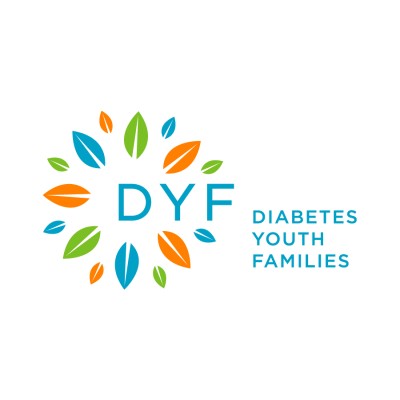Salary
💰 $156,525 - $234,788 per year
About the role
- Lead collaborations with external partnerships to utilize latest research models and test methods.
- Engage with academic research literature to stay up to date on biomedical engineering, drug delivery, and wearable technologies.
- Direct preclinical studies to evaluate the safety and efficacy of product design concepts.
- Interpret, summarize and present preclinical results that assess the biological impact of product design changes.
- Lead in the development of next-generation insulin delivery technologies (inclusive of ideation, design, and filing of intellectual property).
- Conduct competitor technology analyses
- Analyze design solutions using statistical methods.
- Lead and mentor other engineering members within the organization.
- Participate in strategic planning activities
Requirements
- Natural out-of-the-box thinker who is driven to find novel solutions to challenging problems
- Ethical, responsible, and data-driven decision-maker
- Ability to effectively communicate (verbal/written) complex data sets within engineering team and at multiple levels of an organization
- Ability to distill industry research, create hypotheses for advancing the science, develop and refine experiments, and defend scientific reasoning.
- Ability to develop efficient and systematic experimental designs (DOE) that minimize resources while maximizing information gathered.
- Ability to organize and judge priorities, as well as oversee and delegate responsibilities to other engineering staff / team members, when necessary
- PC skills - MS Office Suite. Smartsheets, a plus
- Strong understanding of material science as it pertaining to polymers, metals and glass, a plus
- Knowledge of infusion pumps and subcutaneous injection systems, a strong plus
- Education and Experience: Master’s of Science in Biomedical Engineering or related field in Biological Sciences. PhD degree preferred. MS degree: Minimum of 10 years of biomedical research or product design and development experience, preferably medical device class II or III. PhD degree: Minimum of 8 years.
- Experience with a variety of cell and molecular biology assays and methods, such as immunostaining, confocal imaging, image processing, immunoassays (e.g. ELISA / Luminex), flow cytometry / FACS, DNA / RNA extraction, qPCR, and multi-omics (e.g. transcriptomics, proteomics, metabolomics), and biostatistical data analyses, a strong plus
- Experience with drug infusion products or related technologies
- Proven track record of success, project management and leadership.
- A track record of generating novel ideas / IP, a strong plus

